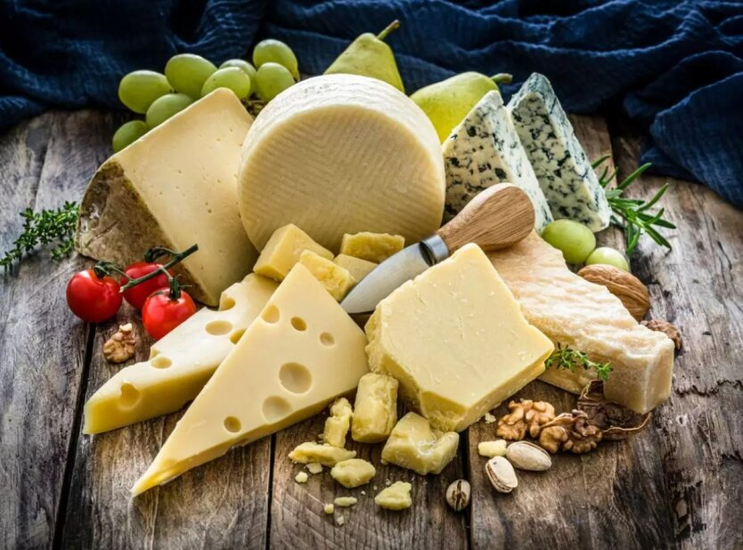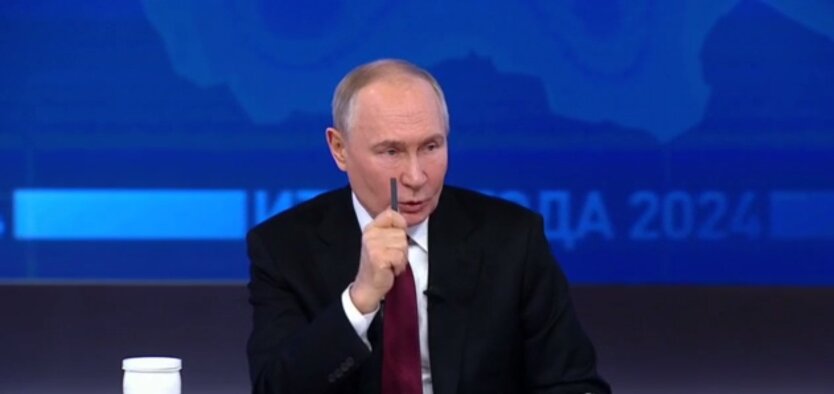Ukrainian cheese makers at risk of losing the domestic market.


The growth of cheese imports threatens Ukrainian producers
Ukrainian cheese producers are facing a serious threat - the loss of a significant part of the domestic sales market due to the rise in imports. The reason for this lies in the price disparity between Ukrainian and European cheese, with imported cheese being much cheaper than domestic.
There are two ways to save the situation: lowering the prices of Ukrainian cheese or a significant devaluation of the hryvnia. However, the first option is unlikely, as producers do not want to sell their products below cost. Therefore, the main hope is for a collapse in the hryvnia exchange rate, which may happen due to the difficult economic situation and war.
“This is a long-term assumption, but currently we observe a December increase in the import of curd cheeses (hard, semi-hard, white) immediately by 50% compared to December 2023 to 4.6 thousand tons. Deliveries of European processed cheeses in a similar comparison increased by 28% to over 500 tons,” - Infagro.
If the trend of increasing imports continues, it will mean that European cheeses will account for half of the cheese market in Ukraine. At the same Time, the import of curd cheeses increased by 11% to 29 thousand tons, which is less than before the war.
Ukrainian producers have managed to increase the export of semi-hard cheeses by 9%, almost to 7 thousand tons. However, sales of processed cheeses and cheese products decreased by 4%, to 4.2 thousand tons.
Read also
- Trump left the G7 summit due to Zelensky and Macron: FT learned the details
- The SBU presented exclusive photos and videos of the prisoner exchange
- North Korea to send 25 thousand workers to Russia: what does it want in return
- The Ministry of Internal Affairs explained how they identify Russian soldiers among the transferred bodies of the deceased
- Ukrainian developers submitted 42 projects for the NATO competition against FPV drones on fiber optics
- Putin outlined conditions for a meeting with Zelensky: what nuances the dictator spoke about










